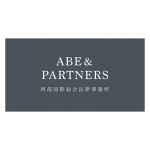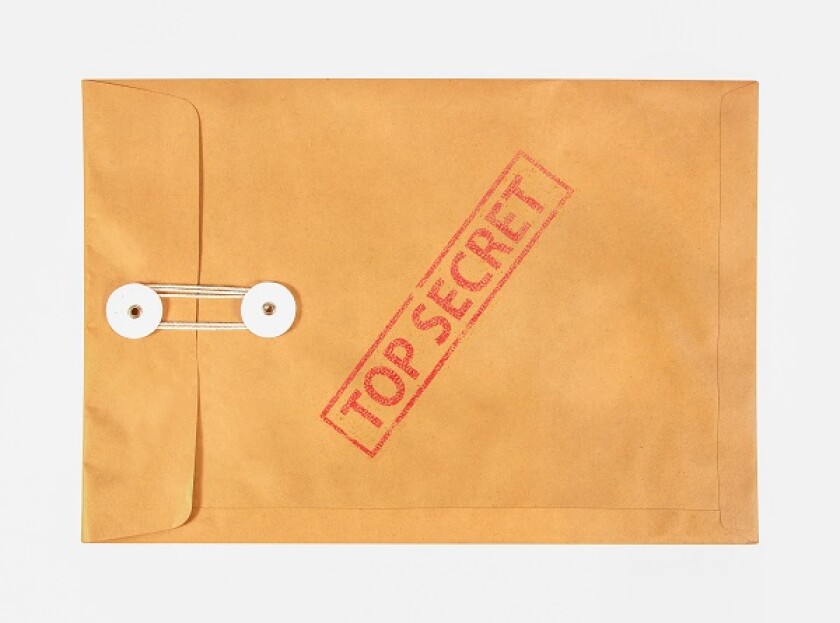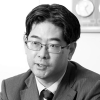1 Japan's hardship
Japan has suffered from trade secret theft by Korean companies who enticed Japanese employees. It significantly damaged national interest. Nippon Steel & Sumitomo Metal Corp. (now Nippon Steel) sued Posco for trade secret infringement and sought around 100 billion JPY in damages. Posco agreed to pay 30 billion JPY and the parties settled. Toshiba sued SK Hynix for trade secret infringement and sought around 110 billion JPY in damages. SK Hynix agreed to pay around 33 billion JPY and the parties settled.
2 Kept Secret
Among the requirements for a trade secret are that it should be (i) a kept secret, (ii) useful information, and (iii) not publicly known. The most controversial requirement is the need for it to be "kept secret". According to Professor Tamura's analysis, there has been a transition in case law concerning the concept of "kept secret". There was the relaxation period in the early 2000s, the strict period (early 2000s-mid 2000s), and the swing back period (late 2000-2014).
During the relaxation period, much case law affirmed the concept of "kept secret" though secret was partly insufficiently controlled. In the judgment of February 27 2003 from the Osaka District Court, the party neither designated access limitation nor displayed the information as secret. Nevertheless, the court affirmed "kept secret" since only 10 employees worked there and needed to use the information routinely. In an entity of such scale, the party could not limit routine access to the information.
In the strict period, case law was extremely strict about the concept of "kept secret". The reason for this drastic change might be the introduction of criminal punishment for unfair use of a trade secret. The court feared that if they affirmed "kept secret" easily as in the relaxation period, a criminal punishment could easily be rendered. In the judgment of November 1 2001, Kyoto District Court, the party succeeded in demonstrating unfair use. Nevertheless, the court said each person in charge could voluntarily determine the storage place. The party did not attach a secret display to the container. The party did not agree an NDA with external experts about disclosing the information.
In the swing back period, after there was criticism about the too strict requirement, the courts changed their attitude and became moderate. In the judgment of July 4 2012, the IP High Court said as follows: the bosses obtained the related documents, took them home, described the information in their notebooks and often did not discard them even after the transaction finished. They needed to do so to implement the business.
3 Evidence Collection
Evidence collection methods are poor. Disposition of collection of evidence prior to filing of action, etc. and inquiry to the opponent are considered a failure. The judges' views are split on utilisation of evidence preservation. In IP cases, judges tend to ask voluntary submission and rarely grant document production.
4 Ease of proof of trade secret infringement
It is rare to have direct evidence of trade secret infringement. The court understands the difficulty the plaintiff is facing and is moderate when it comes to proof of trade secret infringement. The court may infer the trade secret infringement by indirect evidence. Indeed, Judge Takamatsu proposed the following tactics: the plaintiff should present circumstantial evidence that information used by the defendant cannot be other than the plaintiff's trade secret and that unless the defendant proves otherwise the court will accept the plaintiff's argument.
In the judgment of September 27 2011, the IP High Court deduced that the defendant unlawfully obtained the plaintiff's technical know-how because manufacturing technology of PC resin can only be developed by a company with high technical skill which has spent a long time researching and developing and because the kind of parts, way of description and order are almost the same. It is unlikely the drawing, if made without the plaintiff's involvement, would resemble the plaintiff's so much.
5 Amendment of Unfair Competition Prevention Act in 2015
5.1 Expansion of criminal protection coverage
Tertiary acquirers and subsequent acquires of trade secrets as well as secondary acquirers are also punished for unfair use and disclosure.
Attempts to unfairly acquire and disclose trade secrets are punishable.
When products are manufactured based on unfair use of a trade secret, they are prohibited from transfer, export, and import, etc.
Unfair acquisition committed outside Japan is punished. Specifically, acquiring trade secrets outside Japan stored in servers (e.g. cloud) is punishable.
5.2 Increased deterrents
The limit of penalty charges on natural persons and companies who commitcrimes of infringing trade secrets was raised up. For natural persons, the amount was raised from 10 million JPY to 20 million JPY, whereas for companies, the amount was raised from 300 million JPY to 500 million JPY. Punishment was introduced for cases of unfair use outside Japan. Natural persons need to pay a maximum amount of 30 million JPY, and companies need to pay a maximum amount of 1 billion JPY. In addition, crimes of infringing trade secrets became punishable without complaints.
The fact that infringing a trade secret can be a crime means that confiscation without limitation can be done upon the court's determination.
5.3 More effective civil remedies
In certain situations, the burden of proof is transferred from the victims (plaintiffs) to infringers (defendants) regarding unfair use of manufacturing technology.
The statute of limitation for a claim for injunction against unfair use of trade secrets has been extended from 10 to 20 years.
Takanori Abe












